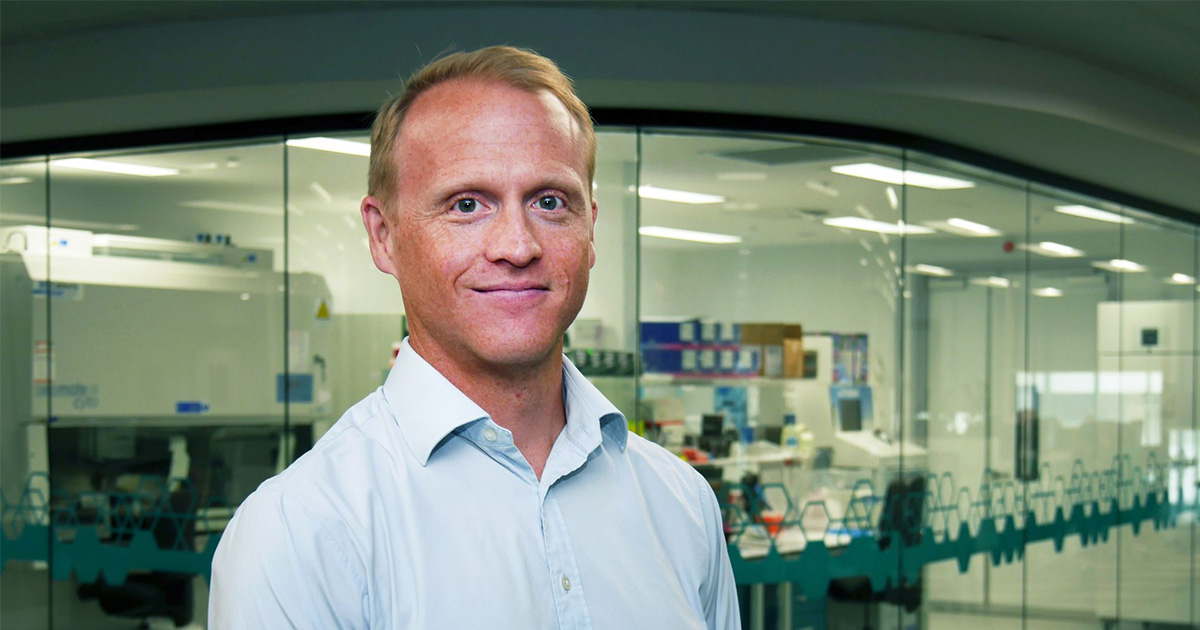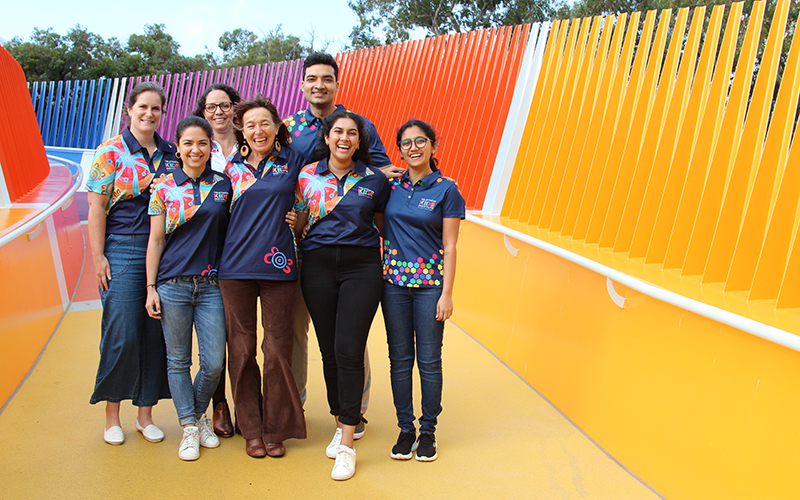Search
Showing results for "Professor"



News & Events
Five researchers from The Kids awarded Early Career Child Health Researcher FellowshipsFive researchers from The Kids Research Institute Australia have been awarded three-year fellowships with the aim of keeping more WA-based PhD graduates involved in child health research.

News & Events
Opinion: Modelling for the health of our next generationNearly 170 years ago a British doctor applied geospatial mapping to identify the source of a cholera outbreak in central London. Using a street map to plot the location of the homes of the sick, Dr John Snow was able to pinpoint a ‘ground zero’ for the outbreak – a contaminated water pump.

News & Events
World Breastfeeding Week: Q&AIn celebration of World Breastfeeding Week (1 – 7 August), we sat down with Professor Valerie Verhasselt to ask her some of the top questions about breastfeeding and immunology.

News & Events
COVID-19 informationThe situation with COVID-19 is constantly evolving, and there is an extraordinary amount of information circulating which can be both overwhelming and difficult to navigate.

News & Events
Kids swamped by ads for junk food and alcoholAn audit of outdoor food advertising near Perth schools has found that three-quarters of the promotions were for junk food and alcohol.
News & Events
Apache Energy joins Telethon Institute in cancer research partnershipApache Energy and the Telethon Institute for Child Health Research today signed a two-year partnership
Research
Amped Up: An Energy Drink StudyGina Hayley Trapp Christian BHSc(Hons1A), RPHNutr, PhD BSc (1st Class Hons), PhD (Distinction) W.Aust. Honorary Research Associate Head, Child
Research
AREST CF Early Surveillance ProgramThe Early Surveillance Program (ESP) is the platform upon which the AREST CF research program is based.
